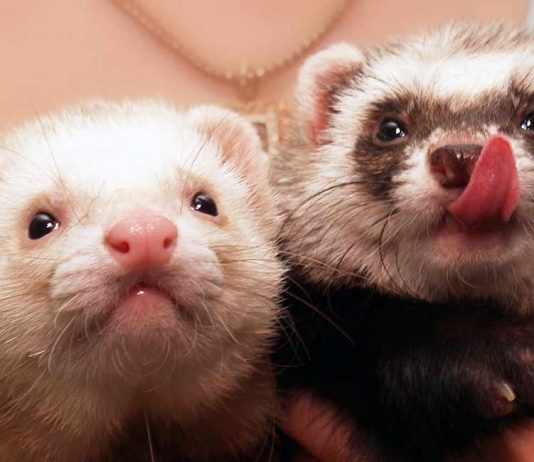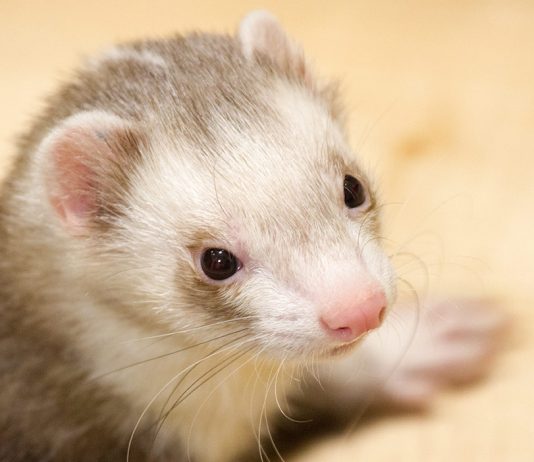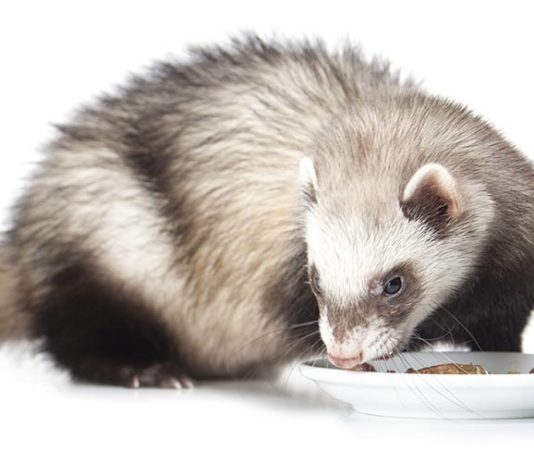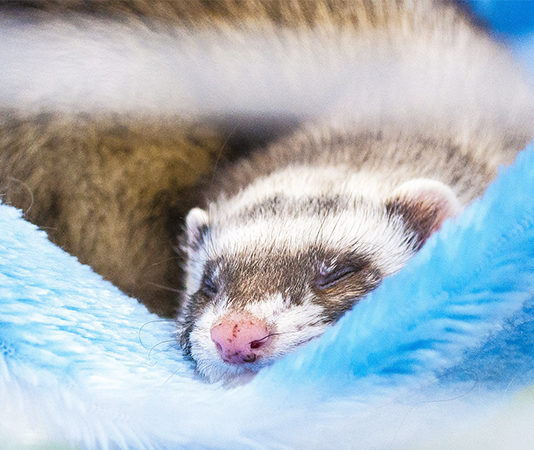The best ferret names capture their fun, curious personalities. Today we'll share the hundreds of cool names for ferrets. We'll look at why pet ferrets are so awesome, and give you fun ways to celebrate your baby ferret's amazing nature through their name. We will...
The difference between a weasel vs ferret are easy to spot once you know what you're looking for.
Ferrets are much larger than weasels. Ferrets are also a domesticated species, whereas weasels are wild animals.
But they have some fun...
Just as with pet dogs and cats, ferret neutering will prevent unwanted pregnancies. But for neutering your pet ferret, there are a couple of additional issues at play.
Ferrets are well known for their “distinctive” smell - to put it nicely. While some of this smell is due to the...
Want to learn all about ferret diseases? Caring for ferret health means knowing about how to keep them safe and well. So, we’ve put together this handy guide so you know what to look for and what to do!
Ferrets are one of the most common exotic animals that we...
Welcome to our complete guide to adrenal disease in ferrets.
A new diagnosis for our pets is always scary. Often times, pet owners are plagued with questions regarding their pet’s disease.
What is the prognosis? Can it be treated, and how? What are the causes?
With something like adrenal disease, which is...
Welcome To Our Complete Guide To The Best Ferret Food. Helping You To Choose The Right Meal For Your Favorite Furry Friend.
We love our ferrets for their wonderful characters, cute faces and loving natures. We've got some great information on ferret diets...
Welcome to our guide to ferrets as pets! Thinking of introducing an unusual, fun pet into your home? Then a ferret might be just what you are looking for.
Many of us have owned a cat or a dog at one point or another. Or given a loving home to...















